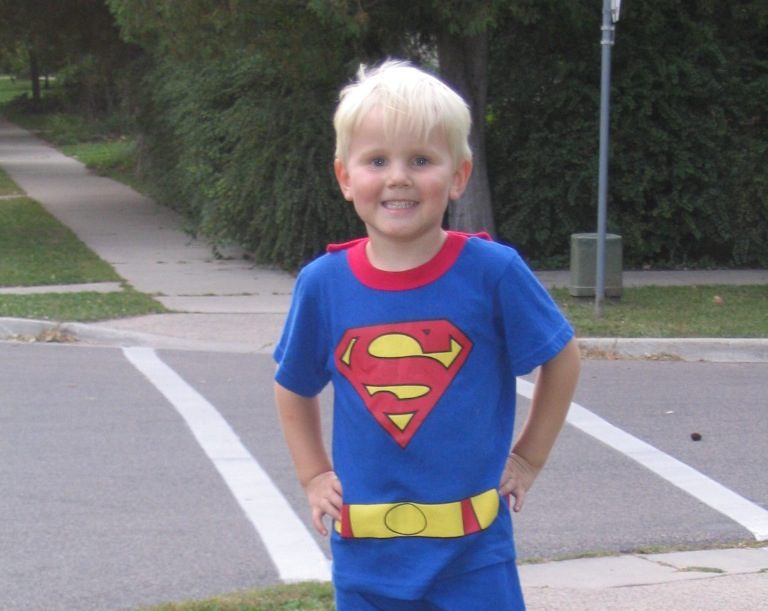Why take the risk?
< Back to Insights
“𝐈𝐟 𝐈 𝐜𝐨𝐮𝐥𝐝 𝐜𝐡𝐚𝐧𝐠𝐞 𝐚𝐧𝐲𝐭𝐡𝐢𝐧𝐠 𝐢𝐧 𝐭𝐡𝐞 𝐩𝐚𝐬𝐭, 𝐈 𝐰𝐨𝐮𝐥𝐝 𝐡𝐚𝐯𝐞 𝐭𝐚𝐤𝐞𝐧 𝐦𝐨𝐫𝐞 𝐫𝐢𝐬𝐤𝐬 𝐞𝐚𝐫𝐥𝐢𝐞𝐫.”
This wasn’t a reflection I expected to hear from my 18-year-old son. He’s not old enough to have a “past” and besides, who wants to take more risks in middle school?
He made this comment after having put himself out there by auditioning for a vocal lead in a big high school performance. He identifies as an athlete, not as a singer. He hadn’t actually sung in front of anyone since church choir – in 5th grade! Yet he auditioned to sing. And dance. In front of a talented group of his peers. And he got the lead he wanted.
I was struck by his willingness to stretch out of his comfort zone (in high school!) but also his insight that doing so – while terrifying – was also exhilarating.
As we get older it seems to get harder to take risks. We get more and more scared of failing. We forget the joy that can come with trying something new.
My son was initially intimidated having to sing in front of such a skilled cast. He used his fear as motivation to set himself up for success. He asked an older friend to give him singing lessons. He worked with the director on his stage presence. He practiced on his own in front of the mirror and with friends outside of official rehearsal time. He listened to recordings of his singing. He knew he could fail, but did everything he could to set himself up for success.
His anxiety came through as he joked: “I wanted to get out of my comfort zone, but I may have gone too far!”
I was nervous on his behalf on opening night. What if he came in on the wrong note? Stumbled in his dance moves? Knocked over the microphone? What if he couldn’t recover?
Opening night went ok. Not perfect, but good. The second night was better. By the third show he was clearly having fun. By closing night he didn’t want it to end.
As a mom I felt pure joy watching him and all the other students share their gifts with the community. As a coach it reminded me we learn from experience far better than we learn from being told.
So much of the “work” of coaching happens between sessions. The client commits to taking a new action – initiating a conversation they’ve been avoiding or setting a new boundary – and then does it. Having taken the action, they can trust that they have more capacity than they knew. Small steps lead to big change.
While my son may not choose to ever sing on stage again, he now knows and trusts that part of him that can try something without the guarantee of success. What a great thing to learn at 18!
